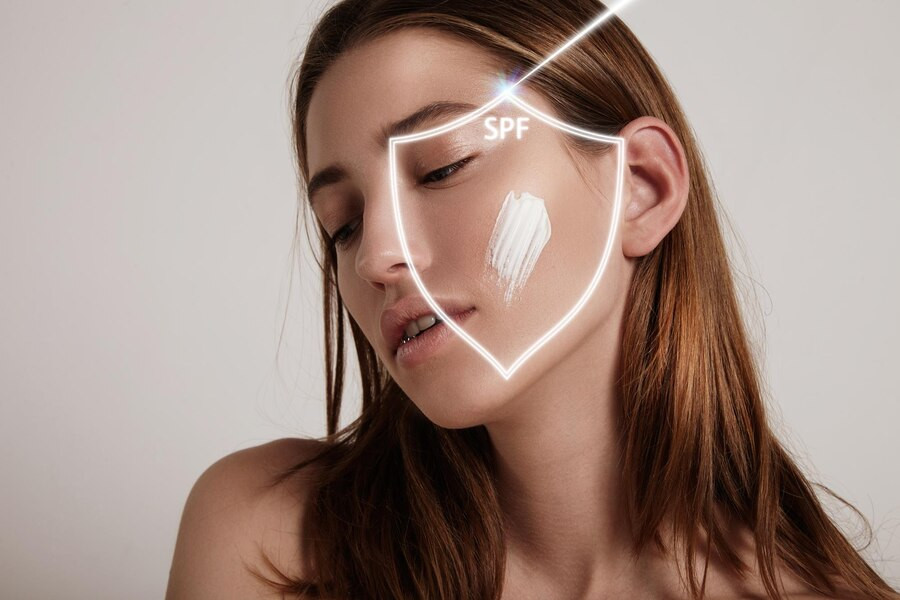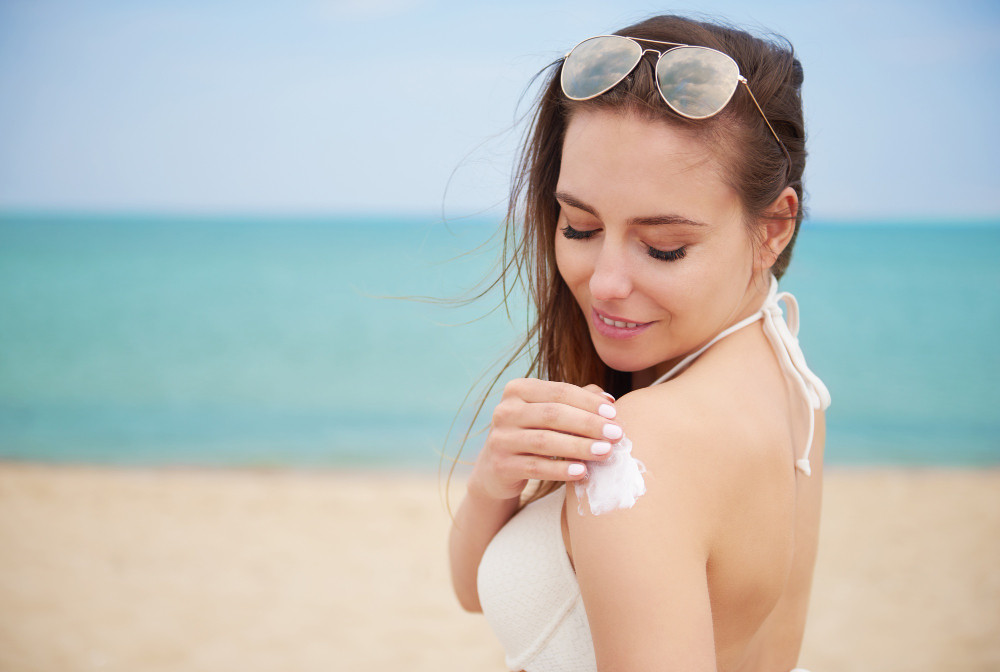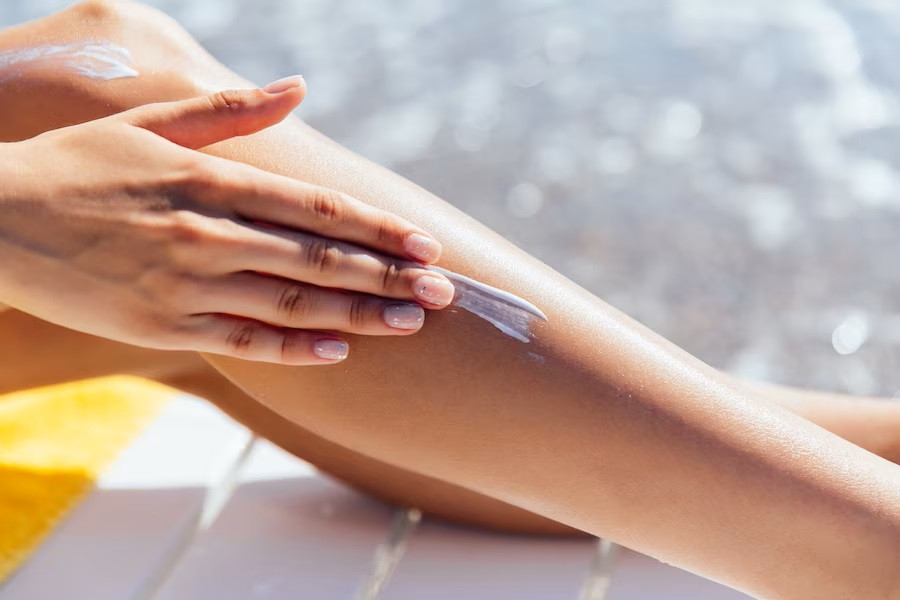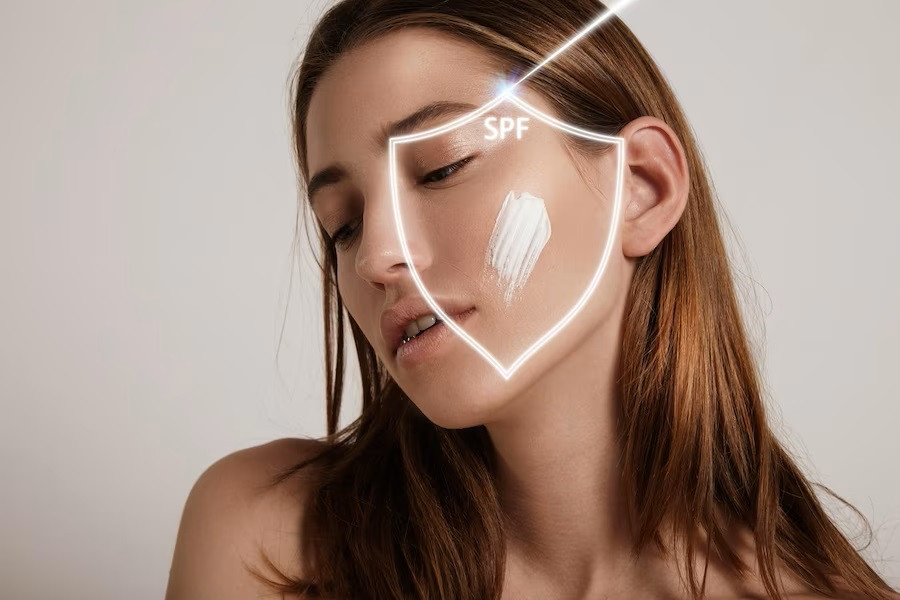Using sunscreen every day is one of the most important steps you can take to protect your skin from sun damage. You should use sunscreen not only when it is sunny, but also when it is cloudy.
SPF is written on every sunscreen product. Each product provides sunscreen with a different SPF level; ranging from 15, 30, 50, and even higher. What exactly is the role of SPF in sunscreen?
What is SPF?
SPF stands for Sun Protection Factor. SPF is a measure of how well your sunscreen protects your skin from UVB rays, which can cause sunburns.
The function of SPF in sunscreen
The SPF number in sunscreen serves several functions, including:
Measures the level of protection from UVB
SPF is a metric that measures UVB radiation protection. For example, an SPF of 30 indicates that only 1/30th of UVB radiation reaches the skin, or approximately 3.3% of UVB radiation. The higher the SPF number, the more UVB rays are filtered out.
Filtering out UVB radiation
Each number on a sunscreen represents a different protection against UV rays:
- SPF 2 blocks approximately 50% of UV rays
- SPF 4 blocks approximately 75% of UV rays
- SPF 10 blocks approximately 90% of UV rays
- SPF 15 blocks approximately 93% of UV rays
- SPF 30 blocks approximately 97% of UV rays
- SPF 50 blocks approximately 98% of UV rays
No sunscreen can guarantee 100% protection, but higher SPFs provide more protection. Higher-SPF sunscreens are typically more expensive. However, it is important to note that the amount of sunscreen used (regardless of SPF) influences the effectiveness of the protection provided.
Prevents sunburn
SPF sunscreen protects your skin from sunburns, which can cause redness, pain, and long-term damage.
Reduces the risk of skin cancer
Effective UVB ray protection also helps to reduce the risk of skin cancer, particularly melanoma, the most serious type of skin cancer.
Prevents premature aging
Excessive UVB exposure can cause premature aging, including wrinkles and age spots. Using SPF sunscreen can help keep your skin healthy and youthful-looking.
Which SPF should you choose?
Choosing the right SPF depends on a number of factors, including your skin type, planned activities, and environmental conditions. SPF 30 is adequate for everyday use, blocking approximately 97% of UVB rays.
However, if you spend more time outdoors and are exposed to direct sunlight, SPF 50 or higher is a good choice. Similarly, if you have sensitive skin and are prone to sunburn, SPF 50 or higher may provide better protection.
If you have more questions regarding sunscreen, you can make use of the consultation features that are available in the Ai Care application by downloading the Ai Care application from the App Store or Play Store.
Looking for more information about other diseases? Click here!
- Sean Edbert Lim, MBBS
Heather L. Brannon, MD (2023). What Does the SPF Number Mean?. Available from: https://www.verywellhealth.com/what-is-spf-1068889
Zuri White Gibson (2022). Do You Really Need Sunscreen Every Day?. Available from: https://www.healthline.com/health/sunscreen-explained
Anna Lien-Lun Chien, MD. Sunscreen and Your Morning Routine. Available from: https://www.hopkinsmedicine.org/health/wellness-and-prevention/sunscreen-and-your-morning-routine
NHS UK (2022). Sunscreen and sun safety. Available from: https://www.nhs.uk/live-well/seasonal-health/sunscreen-and-sun-safety/
Cancer Council. About SPF50+ sunscreen. Available from: https://www.cancer.org.au/cancer-information/causes-and-prevention/sun-safety/about-sunscreen/spf50-sunscreen
Mayo Clinic (2023). Melanoma. Available from: https://www.mayoclinic.org/diseases-conditions/melanoma/symptoms-causes/syc-20374884











